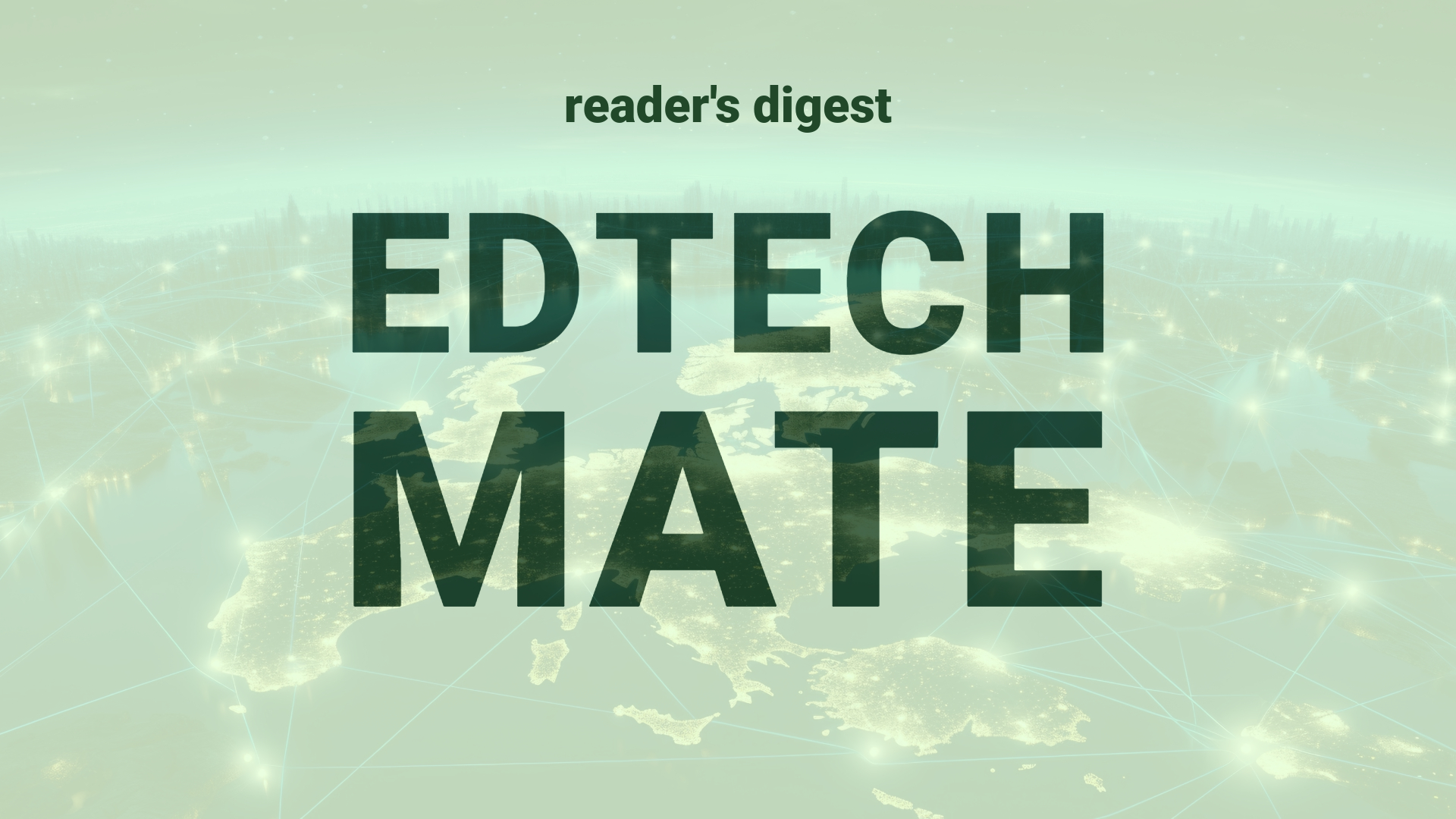Executive Summary and Main Points
Rocket Mortgage in the United States has fully leveraged machine learning (ML) and artificial intelligence (AI), backed by a versatile data platform adjusted for speed, and is adopting a model-agnostic approach to generative AI. They emphasize an AI strategy where “humans are in the loop,” particularly for decisions like mortgage origination. The company is a pioneer in releasing generative AI functions to the market and has developed several AI applications, such as generative AI chatbots that not only speak but also listen and understand. Human insights combine with AI to improve decision accuracy by 10-15%. The success of their early generative AI initiatives has been crucially dependent on the inclusion of human judgment to approve decision processes and outcomes. Rocket is model-agnostic despite its primary use of AWS and collaborates with various AI infrastructure and model providers, which signify a strategic move away from reliance on a sole winner in the AI race. CIOs like Brian Woodring, aware of the interdependence of data quality and AI model quality, prioritize modernizing data operations to offer a data platform that speedily supplies data to the appropriate AI models, thus enhancing business processes.
Potential Impact in the Education Sector
The adoption of AI and ML, as exemplified by Rocket Mortgage, may herald significant changes for the education sector, particularly in Further Education, Higher Education, and the field of Micro-credentials. The strategic integration of AI could transform administrative processes, student support services, and personalized learning experiences. Educational institutions might adopt similar model-agnostic AI platforms to streamline operations—ranging from admissions and enrolment to grading and alumni relations—while also fostering strategic partnerships for AI platform development and knowledge sharing. Similarly, in the evolving domain of Micro-credentials, AI could help in verifying credentials, facilitating matches between learner skills and employer needs, and customizing learner pathways. Importantly, these developments could encourage educational institutions to embrace digitalization with a human-centric approach, ensuring that judgment-intensive decisions remain with seasoned educators.
Potential Applicability in the Education Sector
AI and digital tools have the potential to transform global higher education systems. Generative AI could be applied to develop advanced chatbots that assist students with queries and academic support, improving access and engagement. AI-driven analytics can personalize learning journeys and predict student performance to aid in early intervention. Moreover, AI in administrative systems could process enrollment applications, financial aids, and documentation efficiently. Integrating AI with human-in-the-loop strategies could also optimize research by managing and synthesizing data, facilitating cross-disciplinary collaborations, and perhaps even authoring research papers. These AI applications, tailored to education, can augment the capabilities and reach of educational institutions globally.
Criticism and Potential Shortfalls
Despite the promising applications of AI in the mortgage sector, there may be critical concerns and potential shortfalls when applied to education. Dependency on AI can lead to data privacy issues, ethical dilemmas regarding the autonomy of educational processes, and cultural insensitivity from AI systems not trained on diverse datasets. International case studies, such as the usage (or lack thereof) of AI in varied educational contexts, can highlight disparities in implementation and outcomes. For example, AI applications in some countries may streamline operations, while in others, they might exacerbate educational inequalities. It is essential to recognize that AI does not replace human educators but should be used to augment their work, necessitating careful consideration of the human-AI interplay in educational settings.
Actionable Recommendations
To implement or explore these technologies in educational contexts, leaders should consider structured evaluation frameworks to measure the efficacy and impact of AI. Strategic investments in professional development will prepare educators and administrators to work alongside AI systems. Institutions should establish ethical guidelines for the use of AI, prioritize the protection of student data, and ensure that these technologies are accessible to all students, promoting inclusivity. Additionally, international education leaders can form strategic alliances with tech companies to shape AI applications in a way that aligns with the educational mission and ethics. Pilot studies can provide valuable insights before wider implementation, with continuous monitoring and evaluation to refine AI integration in higher education.
Source article: https://www.cio.com/article/2096989/%E6%B6%88%E8%B2%BB%E8%80%85%E3%83%AD%E3%83%BC%E3%83%B3%E4%BC%81%E6%A5%ADrocket-mortgage%E3%80%81%E7%94%9F%E6%88%90ai%E6%88%90%E5%8A%9F%E3%81%AE%E5%9F%BA%E7%A4%8E%E3%82%92%E7%AF%89%E3%81%8F.html

